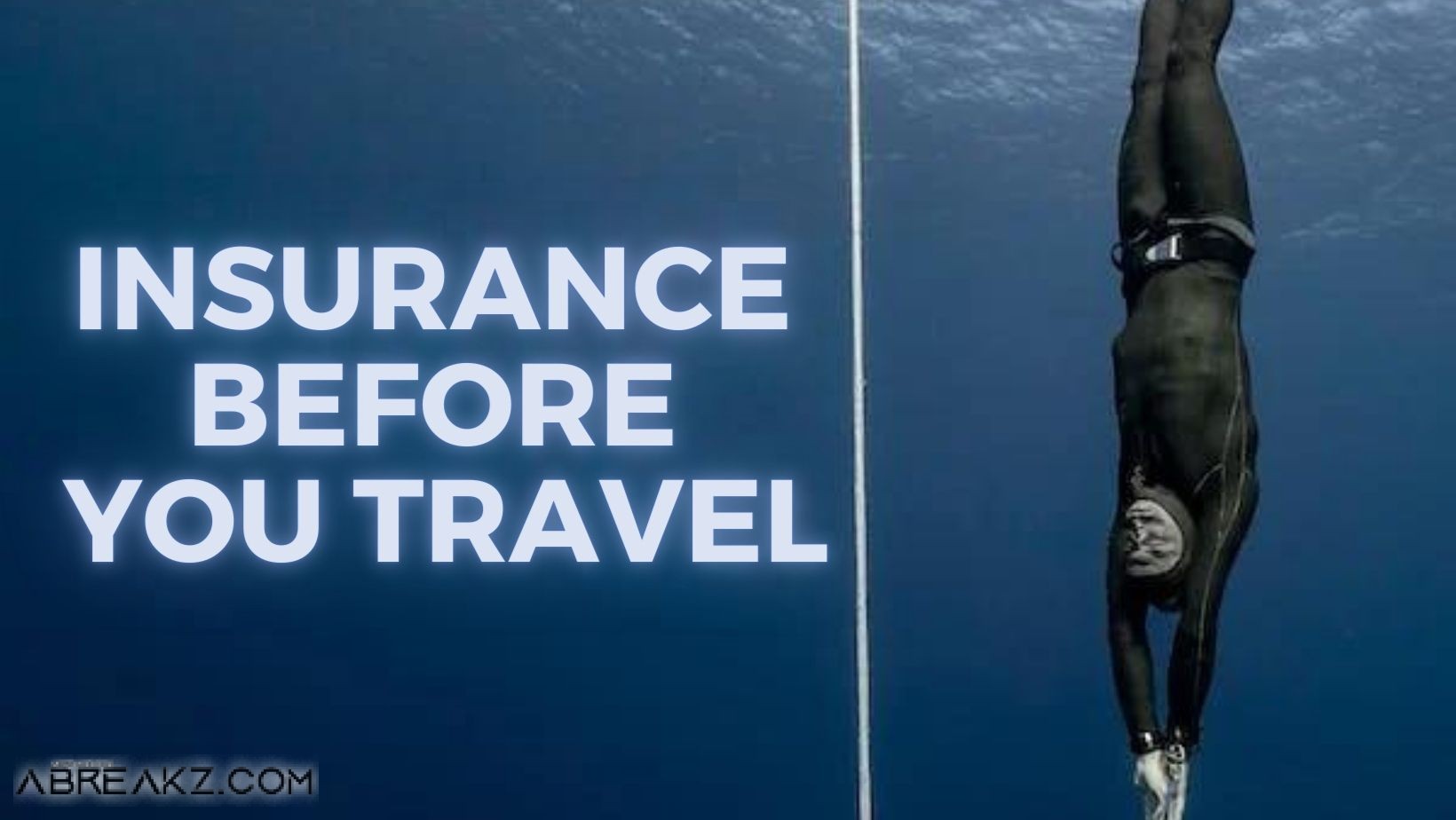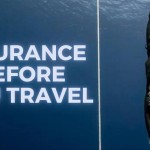Travel insurance is one of the most important types of insurance that some may not resort to unless they are forced to do so by the country to which they are heading, despite its role in preserving the property and luggage of the traveler and even protecting him from any possible danger.
INSURANCE BEFOR TRAVEL
1 - Travel insurance is divided into three types: Health insurance: includes coverage of emergency medical expenses or personal accidents, and insurance against a group of accidents, including: cancellation or shortening of the trip duration, missing the date of the departure flight, loss of bags in travel, or late arrival in time The appropriate, transfer of the body, and liability towards others according to the conditions and exceptions set forth in the insurance policy.
2- Some companies and some airline associations sell travel insurance policies directly to travelers, and this policy can also be purchased through tour companies, including airlines, cruise lines, and tour operators.
3- The travel insurance policy is an undertaking by the insurance company to cover the risks related to the beneficiary's travel outside the country of residence in return for a premium paid to the insurance company in accordance with the conditions and exceptions that are agreed upon between the customer and the insurance company.
4- Insurance companies contract with travelers for a period ranging from 8 to 90 days in return for an agreed upon premium, and if the travel period exceeds 90 days, the insured does not enjoy the services provided by the policy, (with the exception of some insurance companies that conclude special contracts for a period exceeding 90 days).
5- The most popular international travel insurance is generally applicable for obtaining an entry visa to the European Union (SCHENGEN VISA), which the insured benefits from during travel.
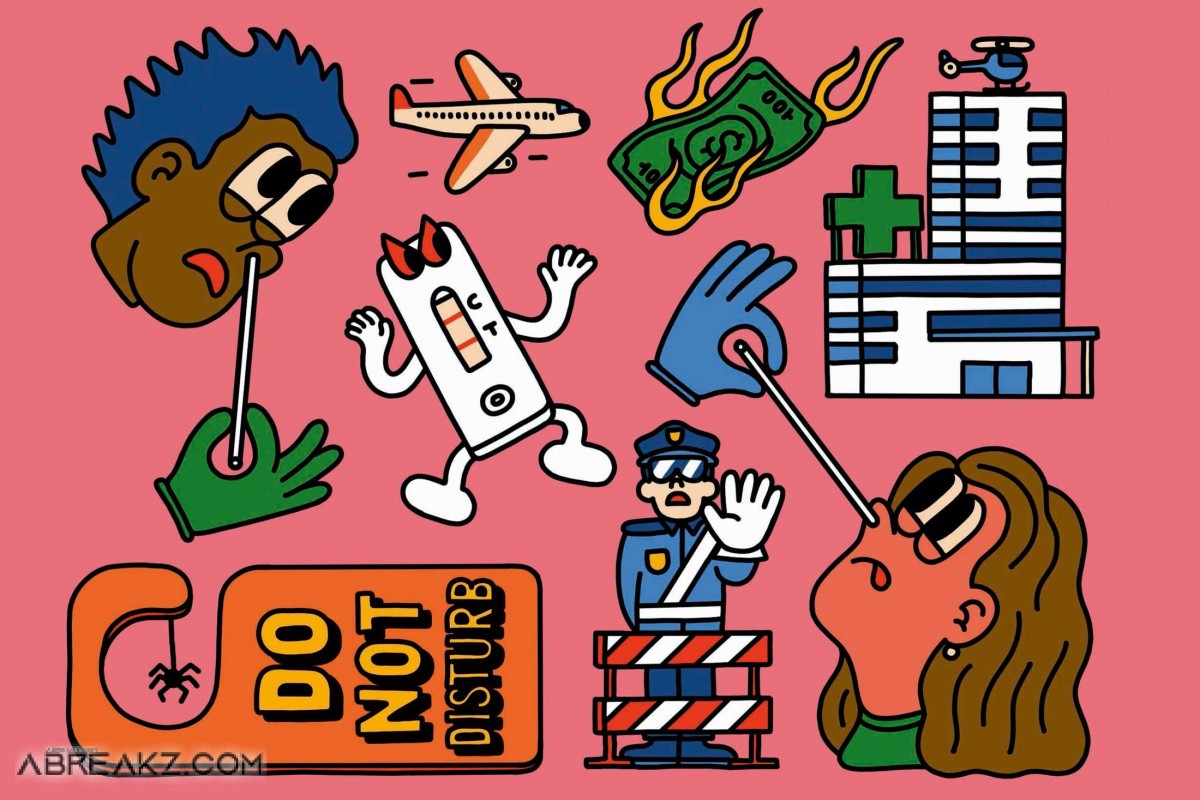
How to choose the most suitable insurance for your trip
Travel insurance has always had a bad reputation. It's confusing, and many travelers see it as an easy corporate ploy to get paid. You pay up front for documents that have a lot of nuanced terms and conditions that ultimately make them worthless.
Good times
However, these documents are in high demand at the present time. If you choose the right travel insurance policy, you can potentially avoid being stuck in a foreign hospital after becoming seriously ill, paying a hotel bill for mandatory quarantine, or paying for a new cruise because your plane has been cancelled. These constituted particularly attractive reasons for purchasing travel insurance policies during times of uncertainty.
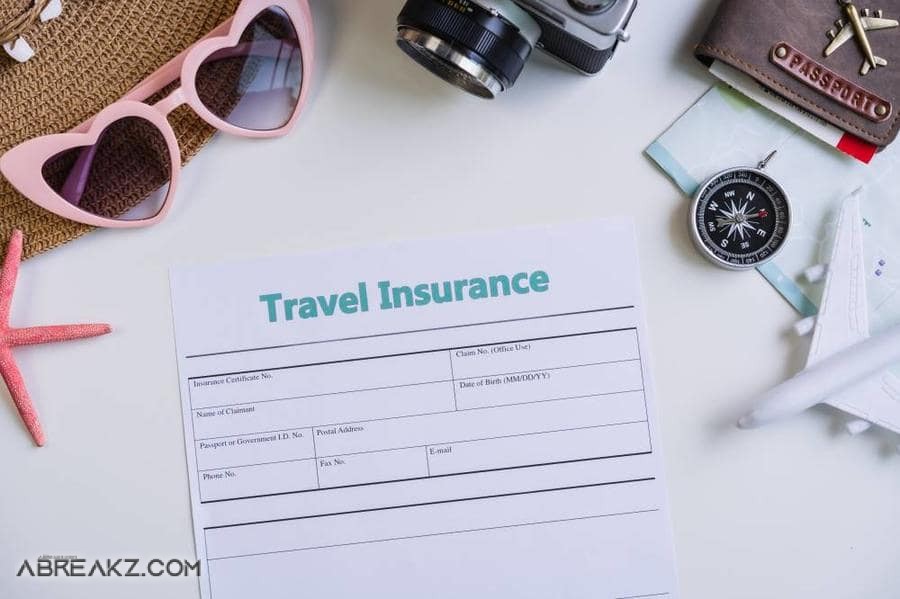
In a recent survey by Berkshire Hathaway Travel Protection, 29% of respondents said they buy a travel insurance policy for most of their trips, compared to 7% in 2020. According to Medjet Assistance, the company, which provides evacuations, has seen It was the best month in its nearly 30-year history last November.
Property loss
He explained that the first of these reasons is the loss of possessions, such as a passport or luggage, where the loss of valuables is one of the most inconveniences during the holidays. He added that the second of these reasons is the delay and cancellation of flights, which is something that happens much more than people think. He explained: Imagine that you arrived at the airport to find that your flight was delayed, or even canceled for the day. What are your options in that case? If you have obtained travel insurance, you will be able to claim compensation for any amounts you spend waiting for your flight to take off, but in the event of a flight cancellation, although this is annoying, the insurance will refund you the full value of the ticket.

Health conditions
He added that the third reason is to cover emergency health cases. No matter how careful you are in planning your trip, there are many unexpected events that can happen to make you feel confused far from your home. Being sick while on vacation is one of the worst things that can happen, and it also causes huge medical bills. Here, the essential importance of travel insurance appears, especially with travelers exposed to the risk of exposure to the “Covid 19” virus, given that the pandemic is still at its peak.
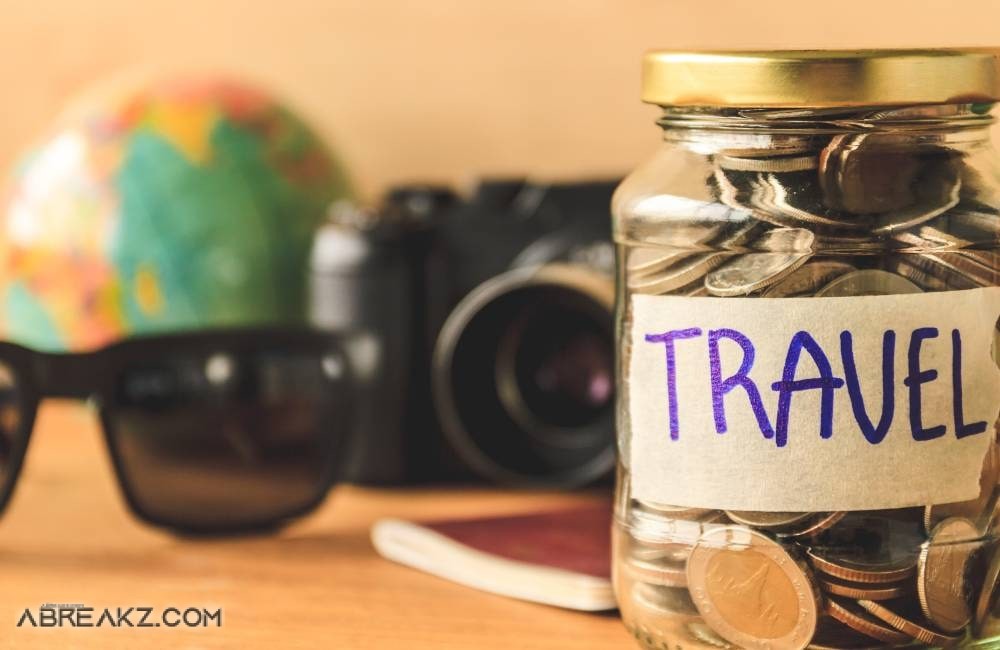
Mandatory requirement
He stated that the fourth reason is that insurance may be a mandatory legal requirement, if the person is traveling to a country or region where obtaining a travel insurance document is a legal requirement, and thus the immigration officer may refuse to enter you into the country if it is not available. As for the fifth reason, it relates to personal accident coverage. The worst that can happen during travel is an unexpected accident that leads to any kind of physical disability, such as blindness, loss of limbs or permanent total disability.
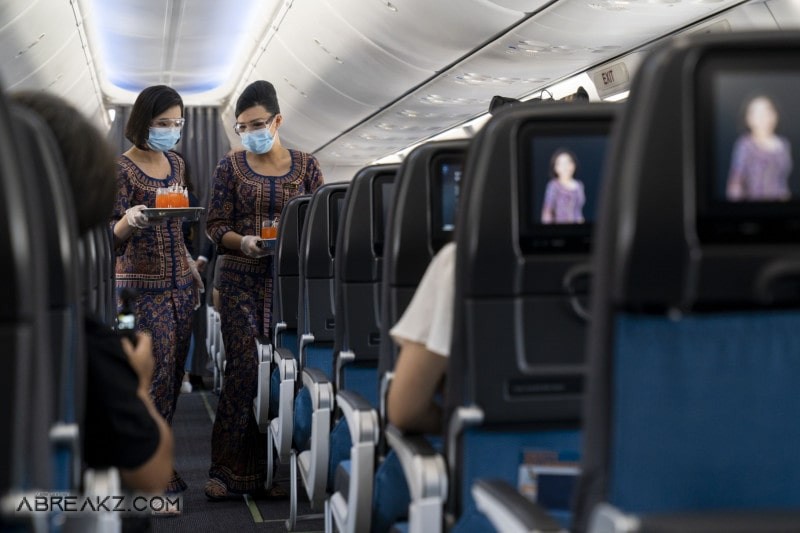
Reasons why it is important to get travel insurance
Do you need travel insurance?
However, you may not even need travel insurance at these times, as airlines and hotels still offer a lot of flexibility to their customers. “With so many travel providers being lax, travel insurance may not make sense,” says Megan Moncrieff, chief marketing officer of Squaremouth, a site where travelers can compare insurance policies. Unless you've purchased the cheapest class of airline tickets, you can often change or cancel flights and get your money back.
The same applies to hotel accommodations, but there are usually stricter policies regarding vacation rentals, which are often left to the discretion of each host (renter).
Also, your current health insurance may cover medical costs incurred while travelling. (You will need to make sure that your insurance policy covers treatment outside your country of residence.) Here, it should be noted that many premium credit cards include travel insurance as well, such as "Chase Sapphire Reserve" and "American Express Platinum".

All you need to know about travel insurance
Types of travel insurance
But if you are going to buy a travel insurance policy, there are two main types: The first type provides trip insurance, which pays non-refundable costs if the trip is cancelled. While the second type is concerned with travel medical insurance, which covers the costs of treatment and possibly transportation from the destination to your country, if you fall ill or suffer an injury.
There are also additional travel insurance plans available, including those that cover luggage, rental cars and even adventure sports. “You don't want to pay for insurance you won't need. Likewise, you want to be adequately insured for the type of trip you're taking," says Carol Muller, vice president of Berkshire Hathaway Travel Protection.
Start from shopping sites to compare documents. Squaremouth offers instant quotes from more than 30 travel insurance policy providers, and InsureMyTrip and Aardy.com offer similar services. But before browsing those sites, it is advised to follow these questions to find out which types of documents are right for you.
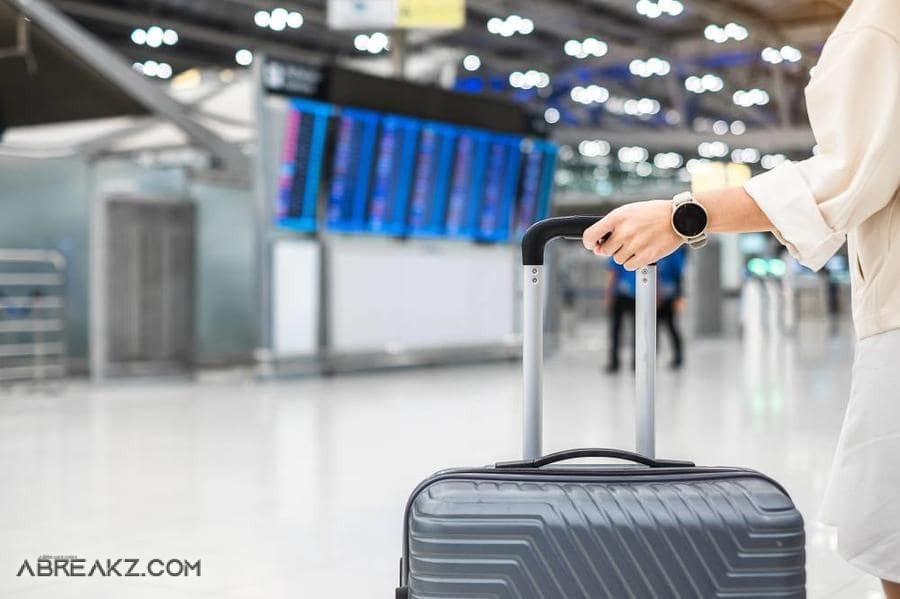
Are you worried about catching a corona before traveling? Trip cancellation insurance pays for non-refundable costs if you have to cancel your trip due to serious illness, injury, natural disaster, death in the family, or other major accident. Currently, you'll be covered by most travel insurance policies if you contract COVID-19 before your trip, even if you don't have symptoms. “They see Covid-19 like any other disease or injury,” Moncrieff says.
Worried about being stuck outside? Look for insurance policies that cover travel delay and trip disruption, which includes mandatory quarantine coverage, travel delay insurance covers the cost of meals and accommodation if you must be quarantined abroad, and flight disruption insurance compensates for the non-refundable costs of any trip you have to give up.
Also, check that your policy provides coverage high enough to reduce the cost you pay out of your own pocket. For example, some insurance policies cap quarantine expenses at $7,000, instead of $2,000, which is significant when you have to extend a hotel stay that costs, say, $800 per night.

Benefits of travel insurance
Do you worry about medical care abroad? Repatriation insurance services at companies like Midgate or Covac Global can cost as little as $200 per policy, but they transport clients to hospitals in their home countries if they are seriously ill or injured. Ross Thompson, the company's CEO, says that only Kovac, which was established in response to the epidemic, does not require travelers to be hospitalized to be eligible to receive transportation services back to their country after contracting the Corona virus. But that service comes at a high price, as Covid coverage for one 15-day trip is $745.
Concerned about changing travel policies? Insurance policies can be used under very specific circumstances. The ado about imminent border closures is often not within these circumstances, and the same applies to the high rates of corona infection in the desired destination. The exception, however, is the Cancellation for Any Reason (CFAR) policy, which is usually purchased as an addition to trip insurance. Then, the cost of the document can increase by 40% to 50%.
There are two things to keep in mind here: while CFAR insurance allows you to cancel the trip as you wish, it will not reimburse you for the full cost of it. Historically, these insurance plans covered up to 75% of non-refundable costs. But Moncrieff says that for some documents, that percentage is now only 50%. Additionally, cancellation insurance for any reason must be purchased soon after you have paid for your trip, generally within 21 days of the first payment. This is to prevent travelers from tampering with the system.
Worried about your road trip being disrupted? In the past, traveling by car did not even qualify for insurance. But when long-distance car trips became popular in 2020, Berkshire Hathaway Travel Protection and Seven Corners were among the insurance companies offering products designed specifically for car travel insurance. The documents are shortened to represent local versions of standard travel insurance policies, and they cover non-refundable costs such as hotel rooms and entrance tickets to tourist attractions, as well as out-of-network medical costs.
In general, road trip insurance policies are an indication of how well insurance companies are adapting to the changing world we all live in.


